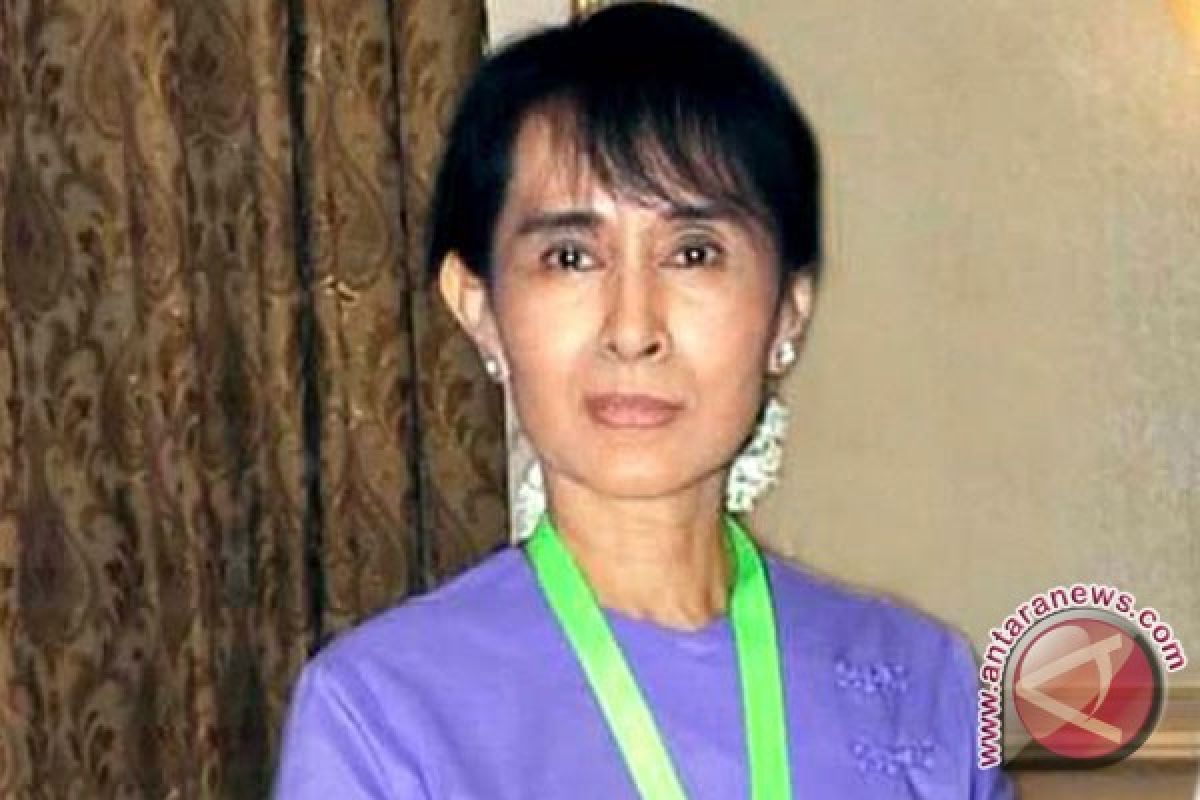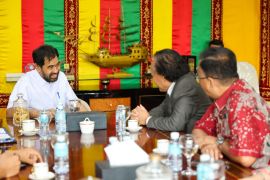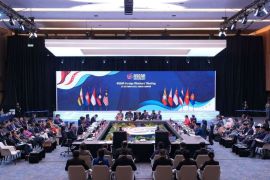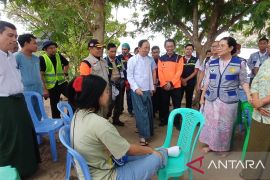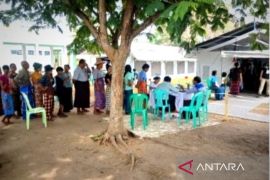The 66-year-old`s fight to bring political change to Myanmar, for which she has had to spend most of the last two decades under house arrest, had made her an international symbol of democracy and peaceful resistance, it said.
"Her consistently measured and non-violent approach towards ending military rule in Burma has served as a powerful example to all those struggling to bring about democratic and accountable systems of governance in their countries," said Chatham House director Robin Niblett.
Aung San Suu Kyi was freed in November but her movements are still restricted by the ruling military junta in Myanmar, also known as Burma.
Former US secretary of state Madeleine Albright will accept the prize -- a crystal award and scroll -- on her behalf at a ceremony in London in December, but Aung San Suu Kyi issued a statement thanking Chatham House for their recognition.
"To receive the Chatham House Prize is to be reminded of the unique link between national and international issues," she said.
"International awareness helps our struggle for democracy in Burma, and our struggle provides us with an insight into the yearnings of all peoples for peace and freedom."
Last year`s winner was President Abdullah Gul of Turkey, while Brazilian president Luiz Inacio Lula da Silva and Ghanaian president John Kufuor have also won in previous years.
Aung San Suu Kyi`s party won a 1990 election but was never allowed to take office. It boycotted an election held last year, the first in two decades, and was delisted as a political party by the regime as a result.
Recently, however, the regime has adopted a more conciliatory stance toward its opponents and relaxed its grip on access to independent information. (*)
Editor: Kunto Wibisono
Copyright © ANTARA 2011
